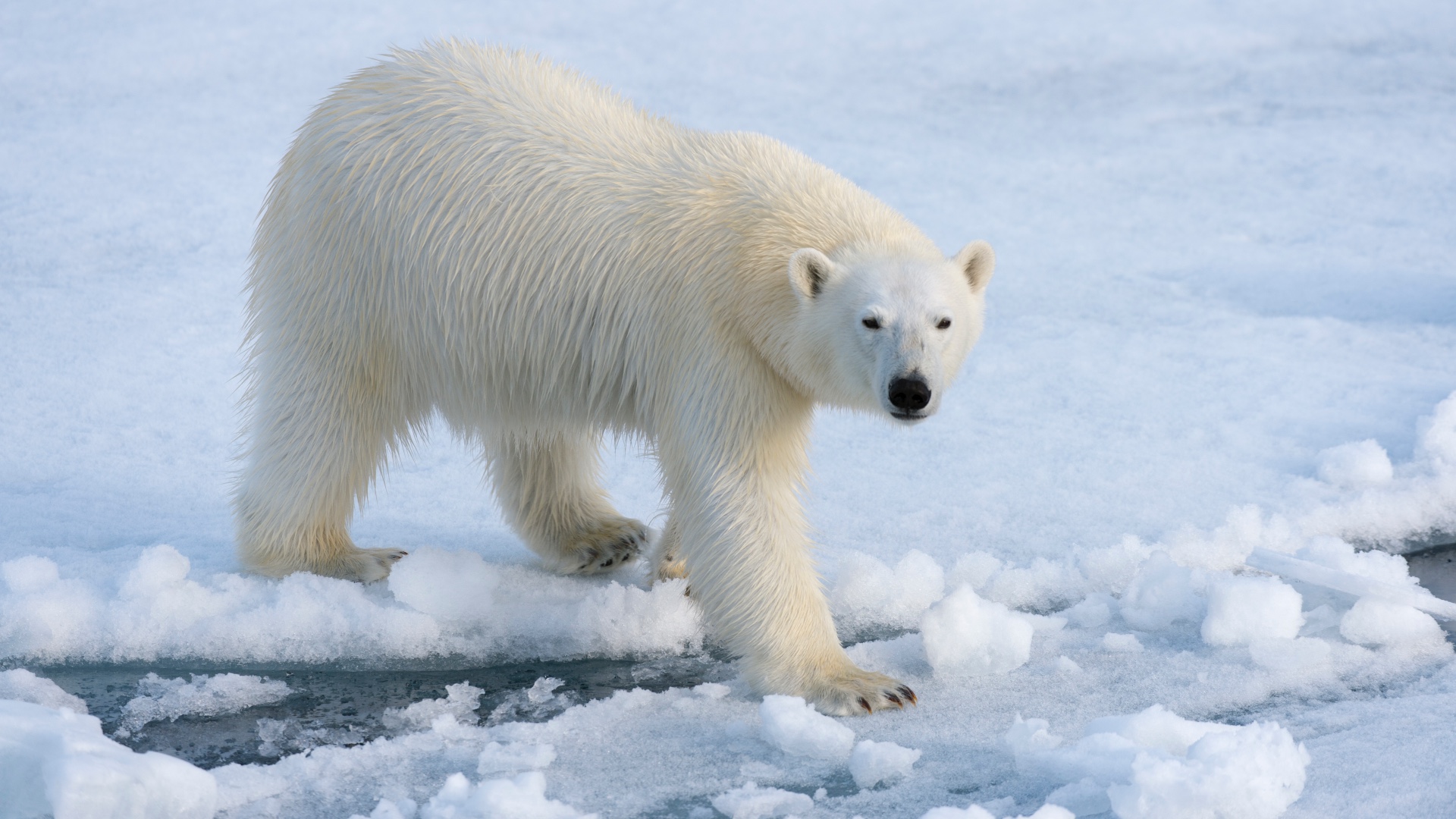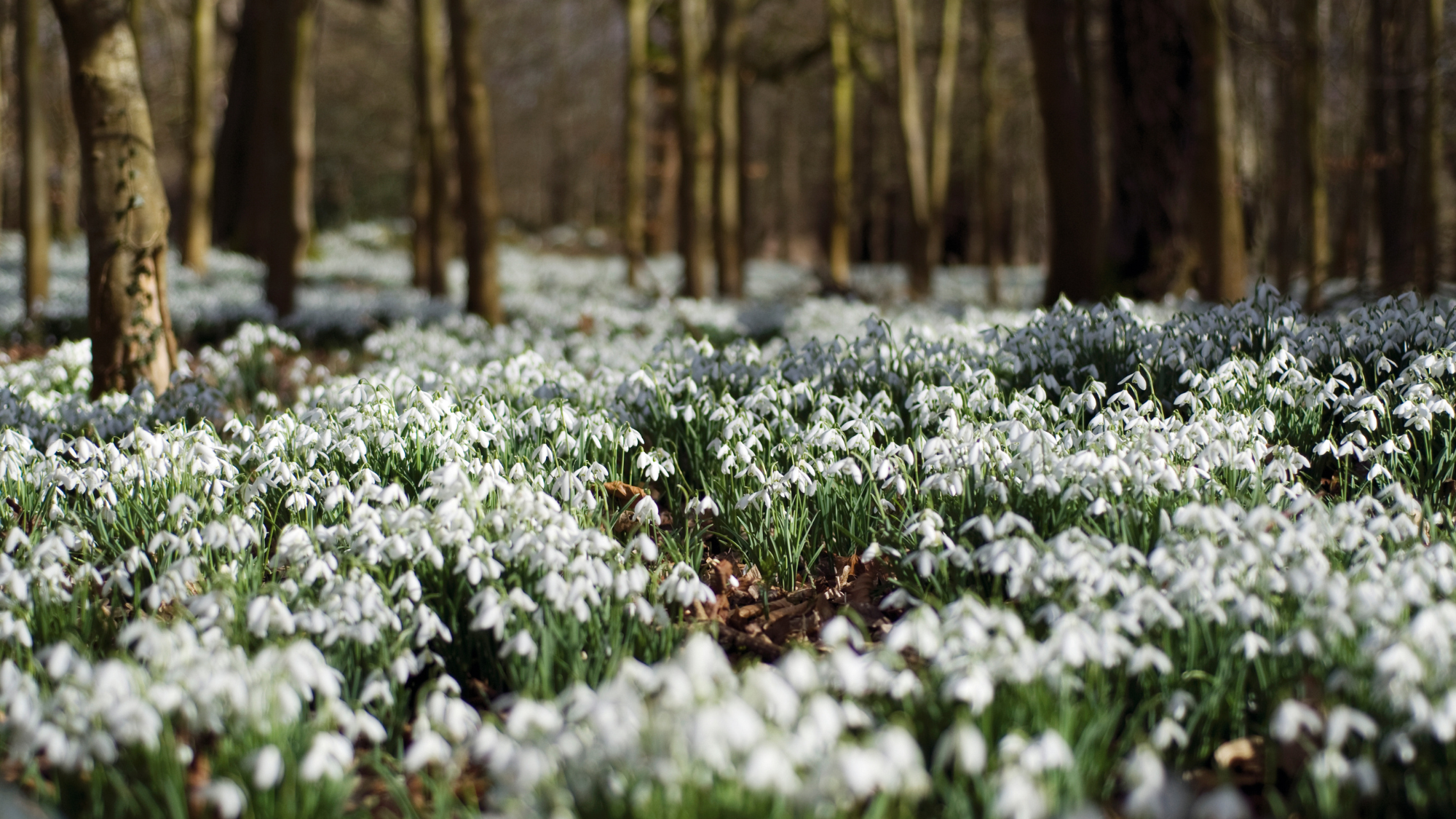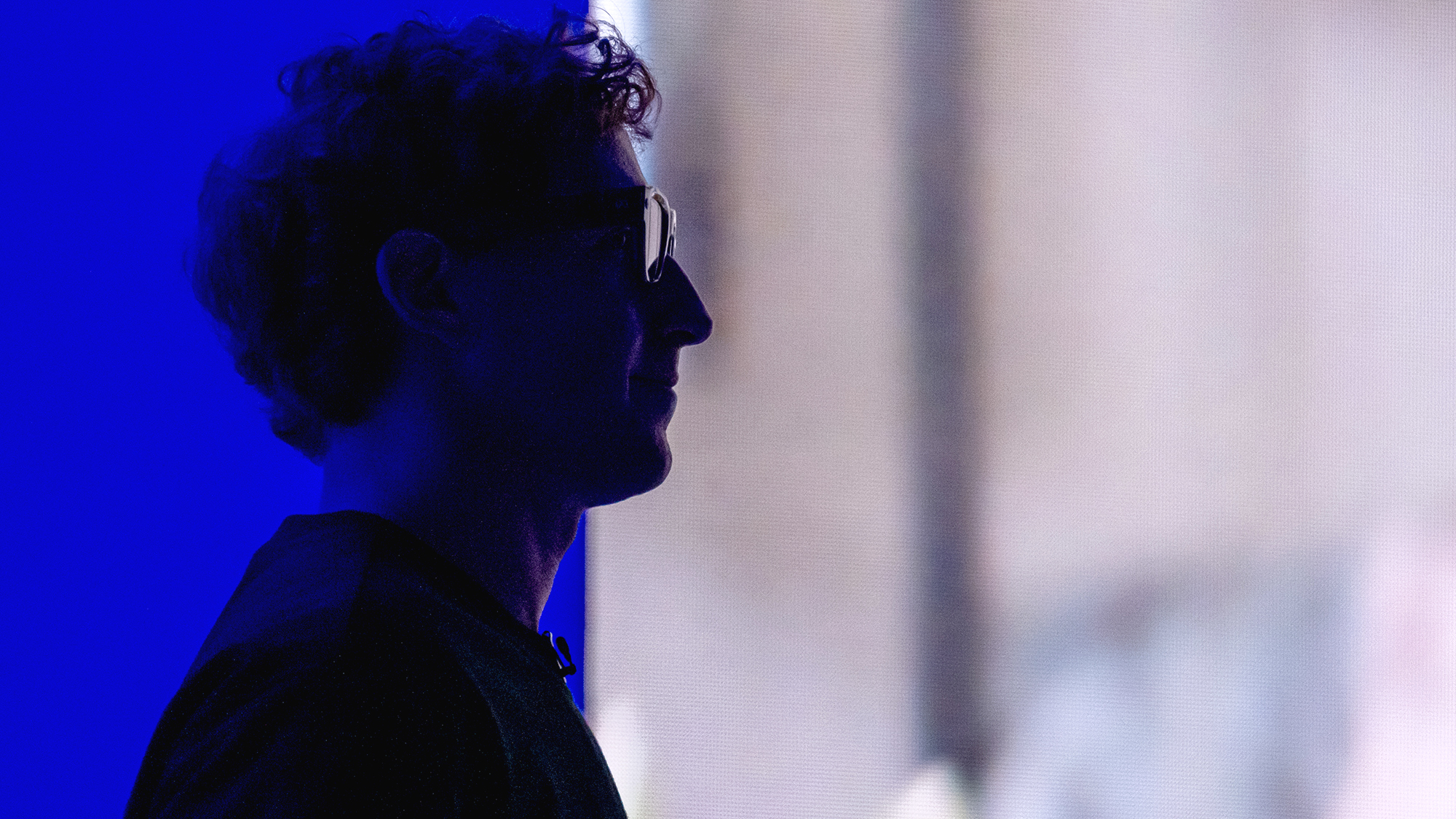The week's good news: Sept. 28, 2023
It wasn't all bad!


A free daily email with the biggest news stories of the day – and the best features from TheWeek.com
You are now subscribed
Your newsletter sign-up was successful
Norway's largest nature restoration is a boon for polar bears, Arctic foxes
The animals are taking back Sveagruva, Norway. Once a coal mining town home to 300 workers, Sveagruva is now attracting polar bears, Arctic foxes, sea birds, and reindeer. In 2017, the Norwegian government decided to wrap up mining operations and embark on the country's largest nature restoration. A team of 12 researchers went to Sveagruva, on the arctic island of Svalbard, and took 170,000 photos and 6,000 scans of the town, to fully understand what was there and what to remove. All but three buildings were torn down, and after the completion of the project, which came in under budget at $83 million, it didn't take long for animals to start steadily returning to the area. "There is less and less nature in the world, and the restoration of nature and ecosystems is therefore one of the most important goals in the new global nature agreement," Espen Barth Eide, Norway's climate and environment minister, said. "The clean up in Sveagruva is an important contribution to this." Good News Network
First-grader has a reading route at Minnesota senior living community
Maggie Kuznia loves books, and has no shortage of reading buddies at the Heritage Grove senior living community in East Grand Forks, Minnesota. Maggie is in the first grade, and her mom, Tiffany, works at Heritage Grove. It was Maggie's idea to fill her backpack with books and go from apartment to apartment reading to the seniors, and she did this at least once a week over the summer. The residents love interacting with Maggie, and help her sound out words, which has helped her "tremendously," Tiffany told KARE 11. "And it built up her confidence of reading too." One of Maggie's friends is Patti Griggs, a retired first grade teacher. She's impressed by Maggie's reading, as well as her people skills. There are "very few children who could come in and read like that," Griggs said. KARE 11
Scientists say more northern lights activity is expected in 2024
It's looking to be a colorful 2024. Sunspots are regions on the surface of the sun "where the magnetic field is about 2,500 times stronger than Earth's," the National Weather Service explained, and scientists say since the end of 2022, there's been a major increase in the number of sunspot observations. Sunspots create the space weather that leads to northern lights, and more observations are a "key indicator of the likelihood of northern lights," NBC News said. If the trend continues, scientists say, the next 18 months will have the strongest activity of the next 10 years and past 20 years. The northern lights will not only make more appearances, but will also be visible from more places than usual. "Skywatchers are excited," Mark Miesch, a research scientist at the National Oceanic and Atmospheric Administration and University of Colorado-Boulder, told NBC News. NBC News
The Week
Escape your echo chamber. Get the facts behind the news, plus analysis from multiple perspectives.

Sign up for The Week's Free Newsletters
From our morning news briefing to a weekly Good News Newsletter, get the best of The Week delivered directly to your inbox.
From our morning news briefing to a weekly Good News Newsletter, get the best of The Week delivered directly to your inbox.
A drug to regenerate teeth will enter clinical trials next year
This is something worth smiling about. Toregem Biopharma, a Japanese pharmaceutical startup, is set to start clinical trials next summer on the world's first drug to regrow teeth, The Japan Times reported. Lead researcher Dr. Katsu Takahashi said studies began in 2005, when he found that when the antibody for the gene USAG-1 is suppressed in mice, it helped stimulate tooth growth. The team developed a "neutralizing antibody medicine," and during tests involving mice and ferrets, which have a dental pattern close to humans, new teeth were grown. The next step is to test human adults in 2024. Researchers are hopeful that within the next decade, "tooth-regrowth medicine is a third choice alongside dentures and implants," Takahashi told the Japanese news website Mainichi. Global News
AI method could help scientists detect signs of life in space
A new artificial intelligence (AI) algorithm can detect signs of life with 90% accuracy, and scientists are hoping to use it in sensors placed on robotic rovers sent to Mars. Researchers trained a machine to differentiate biomolecules — substances produced by cells and living organisms — from abiotic molecules, which are not derived from living organisms. The AI method was also able to find biotic samples from ancient life that had been fossilized in coal and amber, the scientists wrote in a study published Monday in the journal Proceedings of the National Academy of Sciences. "We began with the idea that the chemistry of life differs fundamentally from that of the inanimate world; that there are 'chemical rules of life' that influence the diversity and distribution of biomolecules," study co-author Robert Hazen, a scientist at the Carnegie Institution for Science, said in a statement. "If we could deduce those rules, we can use them to guide our efforts to model life's origins or to detect subtle signs of life on other worlds." Space.com
A free daily email with the biggest news stories of the day – and the best features from TheWeek.com
Catherine Garcia has worked as a senior writer at The Week since 2014. Her writing and reporting have appeared in Entertainment Weekly, The New York Times, Wirecutter, NBC News and "The Book of Jezebel," among others. She's a graduate of the University of Redlands and the Columbia University Graduate School of Journalism.
-
 Quentin Deranque: a student’s death energizes the French far right
Quentin Deranque: a student’s death energizes the French far rightIN THE SPOTLIGHT Reactions to the violent killing of an ultra-conservative activist offer a glimpse at the culture wars roiling France ahead of next year’s elections.
-
 Secured vs. unsecured loans: how do they differ and which is better?
Secured vs. unsecured loans: how do they differ and which is better?the explainer They are distinguished by the level of risk and the inclusion of collateral
-
 ‘States that set ambitious climate targets are already feeling the tension’
‘States that set ambitious climate targets are already feeling the tension’Instant Opinion Opinion, comment and editorials of the day
-
 Best places to find snowdrops in the UK
Best places to find snowdrops in the UKThe Week Recommends The snowdrop season is upon us, with ‘blankets’ of the beautiful bloom signalling that spring is on its way
-
 How AI chatbots are ending marriages
How AI chatbots are ending marriagesUnder The Radar When one partner forms an intimate bond with AI it can all end in tears
-
 The most downloaded country song in the US is AI-generated
The most downloaded country song in the US is AI-generatedUnder the radar Both the song and artist appear to be entirely the creation of artificial intelligence
-
 Disney bets big on AI, but not everyone sees a winner
Disney bets big on AI, but not everyone sees a winnerTalking Points The company will allow users to create their own AI content on Disney+
-
 Smart glasses and unlocking ‘superintelligence’
Smart glasses and unlocking ‘superintelligence’The Explainer Meta unveiled a new model of AI smart glasses this week, with some features appearing ‘unfinished’ at a less-than-perfect launch
-
 Oz at the Sphere: AI's latest conquest
Oz at the Sphere: AI's latest conquestFeature The Las Vegas Sphere is reimagining The Wizard of Oz with the help of AI
-
 The Velvet Sundown: viral band that doesn't actually exist
The Velvet Sundown: viral band that doesn't actually existIn the Spotlight These AI-generated rock hits are brought to listeners by… no one
-
 How generative AI is changing the way we write and speak
How generative AI is changing the way we write and speakIn The Spotlight ChatGPT and other large language model tools are quietly influencing which words we use
